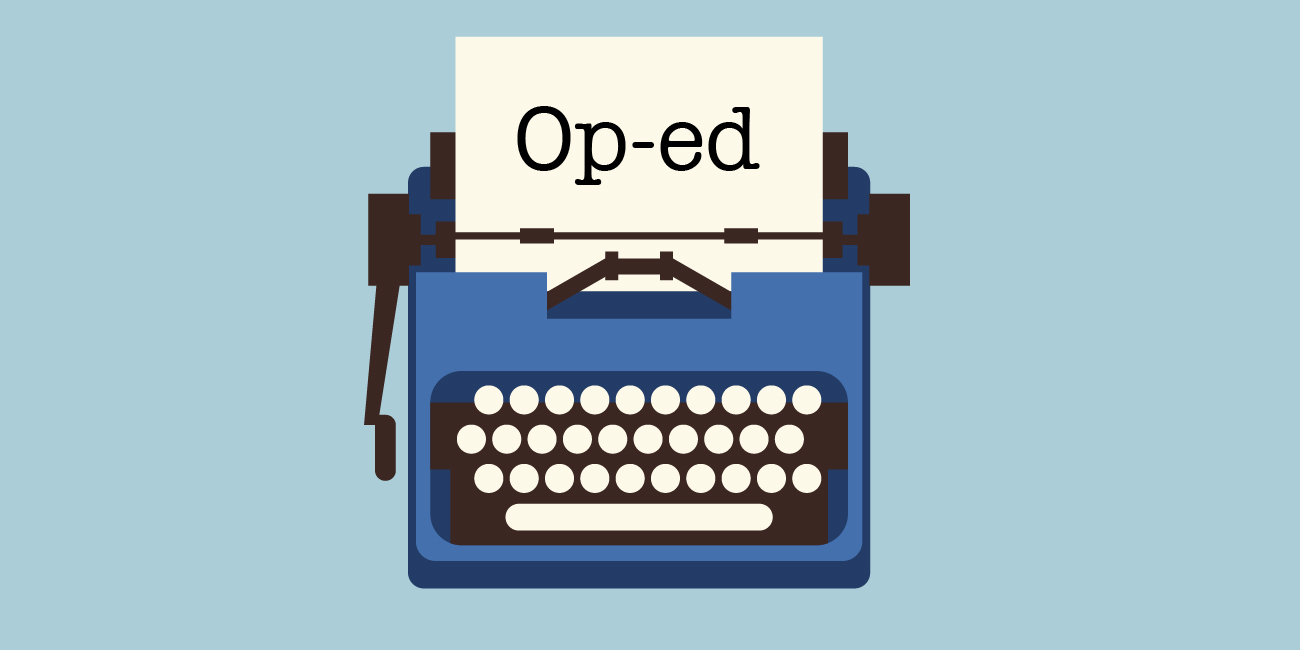
 press-releases
press-releases 
Rob Cuthbert
Earlier this month, the Pentagon made a statement regarding U.S. aid to Ukraine: It is out of money. Or, as Pentagon spokesman U.S. Air Force Major Gen. Pat Ryder put it: “We have no more replenishment funds.”
As Ryder was speaking, I was finishing a two-week reporting trip to Ukraine, where I visited three epicenters of the war against the Russians: Kherson, Kharkiv, and Kyiv. These three cities are hundreds of miles from each other, but all of them are regularly bombed by Russia, which is a disturbing sign of the immense scale of this conflict.
In America, it might make short-term political sense to yolk border security, the war in Gaza, and the war in Ukraine together. However, this war demands a long-term focus to defeat illegal Russian expansion and to help reduce war-related fissures in Ukrainian society.
Just as the U.S. military ran out of funds for Ukraine, the Ukrainians reported that Russia had launched the single largest aerial assault of the war. In the days that followed, Russia and Ukraine fiercely bombed each other’s territory.
About 20 miles from Russia, Kharkiv is the second-largest city in Ukraine. There, I visited the Kharkiv Palace Hotel, which according to the Ukrainians, was hit by a Russian missile. The day after the attack, the five-star hotel’s exposed skeleton was reminiscent of the aftermath of the 1995 Oklahoma City bombing.
Near the hotel, I spoke to Constantin Rudenko, 53, a Ukrainian business owner who didn’t vote for Ukrainian President Volodymyr Zelenskyy but believes that the Russians are “Hamas in snow.” To Constantin, “Hamas is (a) terrorist organization, and Russia is (a) terrorist state. We can put (an) equal sign between Hamas and Russia.”
Constantin owns Frans.ua, a war-scarred cafe in Kharkiv, his hometown. He believes that Zelenskyy is a good actor but a bad leader. In Constantin’s opinion, Zelenskyy is responsible for the current war in Ukraine.
As an American, I found Constantin’s strident, wartime criticism of Zelenskyy surprising, but I shouldn’t have. Although Zelenskyy won the April 2019 Ukrainian presidential election in a “landslide,” he lost about 30% of the vote.
Zelenskyy was elected with the support of Ukrainians in places such as Kharkiv, so I asked Olena Lennon, a professor of national security at the University of New Haven, for some context regarding Constantin’s opinions. She noted that some Ukrainians supported Zelenskyy because, during his presidential campaign, he promised “de-oligarchization” and to end the conflict with Russia in Eastern Ukraine. But some Ukrainians might feel that Zelenskyy broke his campaign promises.
According to Lennon, Zelenskyy’s “de-oligarchization” campaign was seen by some as “a witch hunt of political opponents more than a genuine anti-corruption effort.” Additionally, Lennon observed that after Zelenskyy “grew increasingly convinced that negotiations with Russia would not work,” he implemented an aggressive Russia policy that might have led Putin to amass troops at Ukraine’s border.
However, Lennon also notes, after the Russian invasion of Ukraine, support for Zelenskyy among Ukrainians solidified. A December opinion survey by the Kyiv International Institute of Sociology showed that Zelenskyy is still trusted by 77% of Ukrainians, but the survey also found that the share of Ukrainians “who believe that things are developing in the right direction continues to decrease,” falling from 68% in May 2022 to 54% in December 2023.
Zelenskyy has vowed to liberate all of Ukraine’s territory, but this could demand an increase in Ukrainian military conscription. A recent Institute for the Study of War analysis discussed how increased conscription could produce tension within Ukrainian society. In the 1960s, Americans experienced firsthand how destructive tension caused by a military draft can be.
Undoubtedly, to liberate all of Ukraine, volunteers and draftees will have to be willing to die for Ukrainians in the eastern regions of Donetsk and Luhansk, some of whom have been under Russian rule for almost 10 years.
But Constantin fears whom Ukrainians in Donetsk and Luhansk might elect if they are given the right to vote too soon after their liberation. He thinks that these Ukrainians are brainwashed and they “totally don’t care” whether they are ruled by Ukraine or Russia. In Constantin’s opinion, at minimum, they should be suspended from voting for a period of time equal to how long they spent under Russian occupation.
In this way, I believe that Putin, Constantin, and many others share a domineering and paternal attitude about the citizens of Donetsk and Luhansk, that these people are kindred, but their rights must be abridged.
Both Ukraine and its democracy have to survive this war. America and Europe must help Ukraine defeat the Russians, but they also must help Ukraine avoid unnecessary conscription and reintegrate Donetsk and Luhansk without prejudice.
This requires not only resolve and money but also understanding and the addressing of the fears and concerns of Constantin and many other Ukrainians.
Yet, right now, the Pentagon is out of cash for Ukraine, and America is conflating war against an imperialist Russia with securing the Mexican border and helping Israel retaliate against Hamas.
After two weeks in Ukraine, it is clear to me that, absent America’s undivided attention, Russia will continue to have enough resources and motivation to raze Ukrainian cities and to undermine Ukrainian democracy.
Rob Cuthbert is a correspondent for the podcast “Article One With Molly Hooper.” He is a graduate of the University of Chicago.
24World Media does not take any responsibility of the information you see on this page. The content this page contains is from independent third-party content provider. If you have any concerns regarding the content, please free to write us here: contact@24worldmedia.com